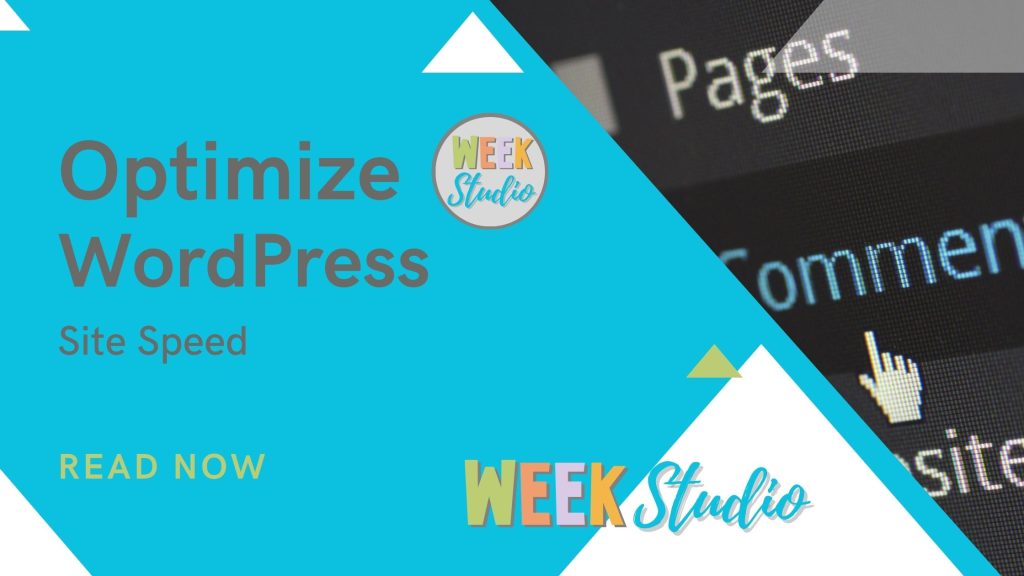In the dynamic realm of the internet, where every click counts and attention spans are fleeting, the speed at which your WordPress site loads can make all the difference. Site speed is not merely a technical metric; it’s a cornerstone of user experience and a determining factor in search engine rankings. In this age of instant gratification, visitors expect websites to load swiftly, and search engines reward those that deliver. So, if you’re pondering over the question, “How do I optimize my WordPress site speed?” you’re in the right place.
This article will unravel the importance of site speed, guide you through the tools for measurement, and provide actionable strategies to enhance the performance of your WordPress site. Get ready to transform your site into a swift and seamless online experience!
How Can I Optimize My WordPress Site Speed Without Plugins?
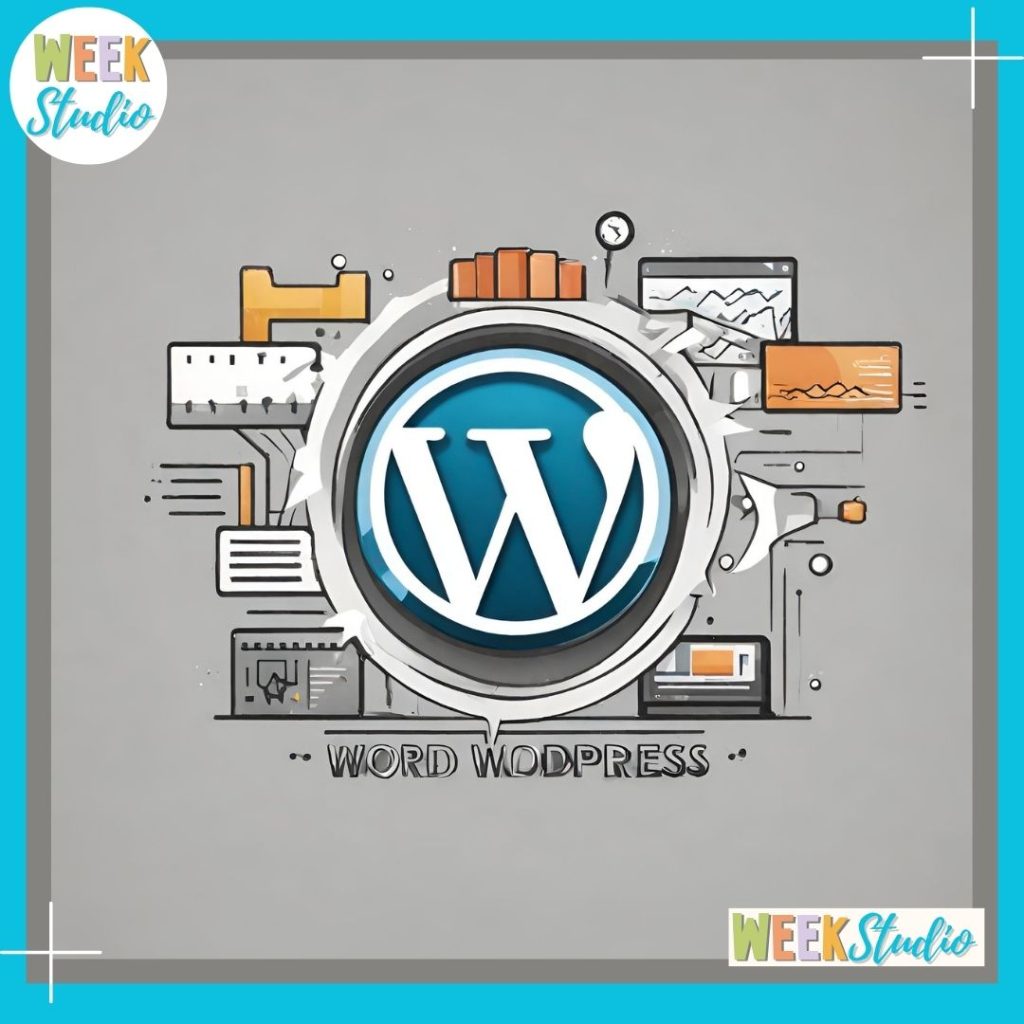
There are a few things you can do to speed up your WordPress site without using plugins. One of the best ways to speed up your WordPress site is to use a caching plugin. Caching plugins create a static version of your pages that are stored on your server. This static version of your pages is then served to your users instead of the dynamic version of the pages that are created when a user visits your site. This can speed up the loading of your pages by a significant amount.
Another way to speed up your WordPress site is to use a compression plugin. Compression plugins compress the files that are on your site, which can reduce the size of the files and decrease the amount of time it takes for them to be loaded. PS: WP-Rocket is highly recommended for this steps
You can also improve the speed of your WordPress site by optimizing your images. You can do this by using a plugin such as WP-Rocket or TinyPNG. These plugins optimize your images by reducing the file size and removing unnecessary data. This will help to improve your page load times and overall user experience.
Do WordPress Plugins Affect Website Speed?
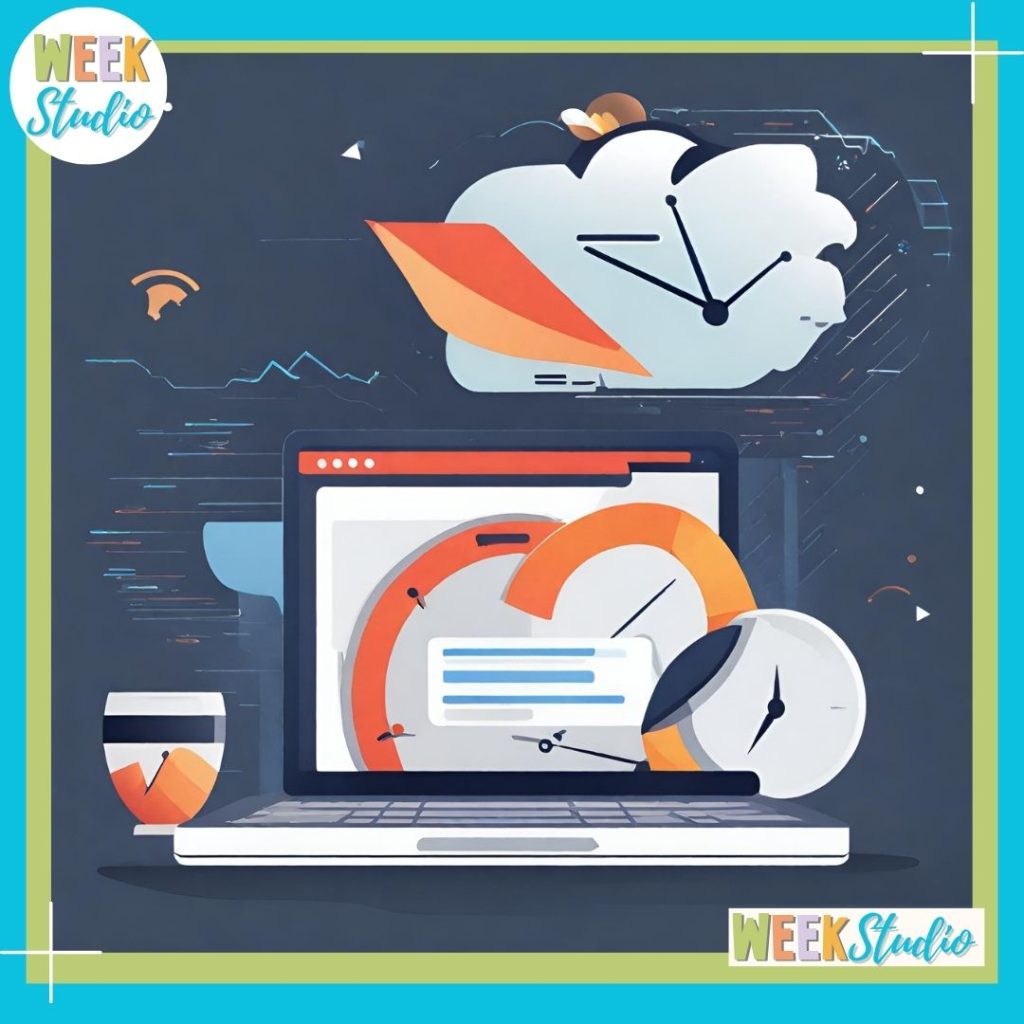
When it comes to website speed, there are a number of things that can affect it. One of the most common culprits is plugins. But do plugins really affect website speed? And if so, how much?
To answer these questions, we first need to understand what plugins are and what they do. Plugins are small pieces of software that add extra functionality to a website. They can be used to add features like social media integration, contact forms, or galleries. Or they can be used to improve the performance of a website by caching static files or minifying code.
Plugins can be a great way to add extra features to a website or improve its performance. But they can also be a cause of slow loading times. This is because plugins can add to the size of a website’s files, and they can also slow down the loading of pages on the website.
How much do plugins affect website speed?
This is a difficult question to answer because there are many factors that can affect website speed, such as the server configuration, the type of website, the type of content, and the number of visitors. However, a study by Google found that the use of plugins can have a significant impact on website speed. The study found that, on average, websites that used plugins took twice as long to load as websites that did not use plugins. This was especially true for websites that used a large number of plugins. However, the study also found that there are some plugins that can improve website speed. These plugins include caching plugins and image optimization plugins.
Why Is WordPress So Slow?
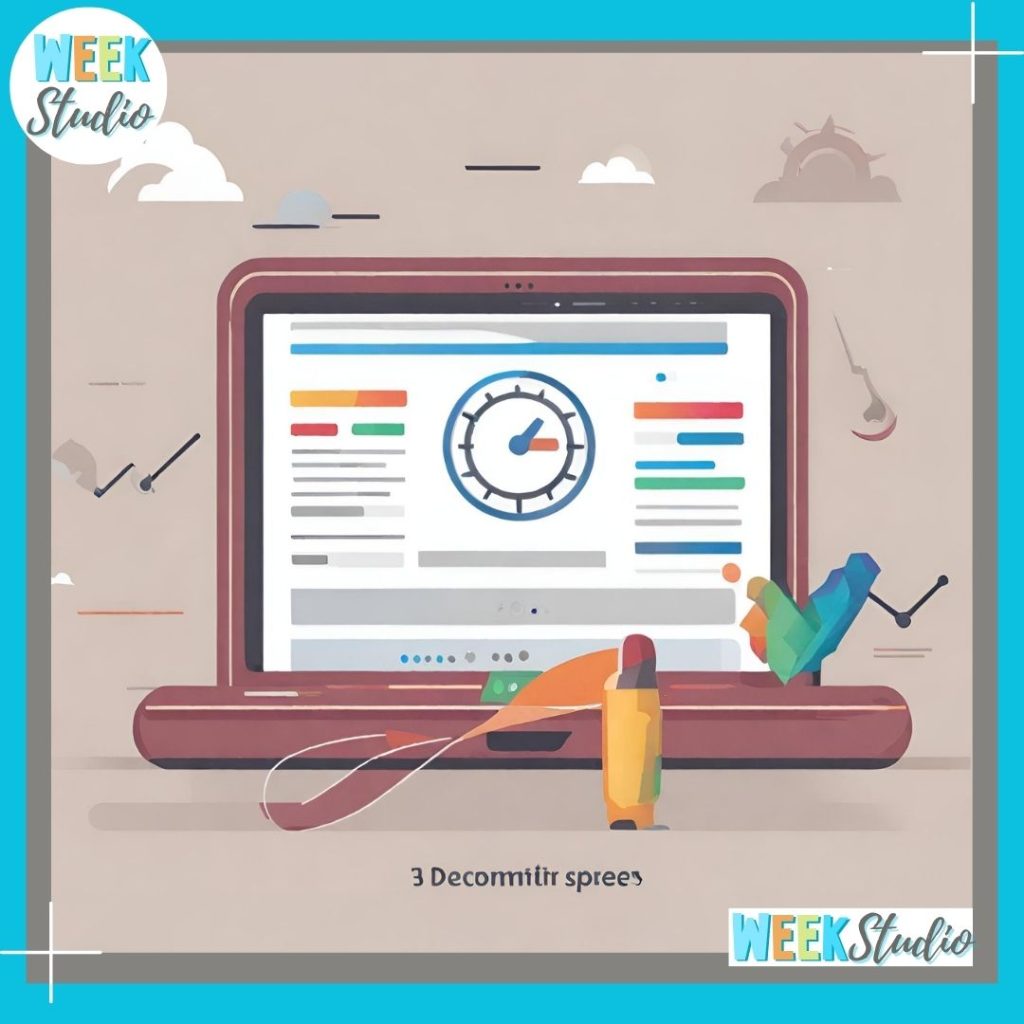
WordPress is an extremely popular content management system (CMS), used by millions of people all over the world. It’s a great platform for creating and managing websites, but it can be slow and frustrating to use at times. In this article, we’ll take a look at some of the reasons why WordPress can be slow, and we’ll offer some tips for making it run faster.
One of the main reasons why WordPress is slow is that it requires a lot of resources to run. It’s a fairly complex system, and it has to load a lot of files and plugins in order to function properly. Additionally, many users install a large number of plugins, which can also cause WordPress to run slowly.
There are a few things you can do to improve the performance of WordPress:
- Optimize your database. WordPress stores all of its data in a database, and if that database is not properly optimized, it can cause WordPress to run slowly. You can use a tool like WP-Optimize to optimize your database.
- Use a caching plugin. A caching plugin will cache the static pages of your website so that they are not regenerated every time a visitor visits your site. This can improve the performance of your website. Some popular caching plugins include W3 Total Cache and WP Super Cache.
- Use a minification plugin. Minification plugins will strip out all of the unnecessary whitespace and comments from your CSS and JavaScript files, which can improve the performance of your website. Some popular minification plugins include WP Minify and Better WordPress Minify.
- Use a content delivery network (CDN). A CDN will store a copy of your website’s static files on servers all around the world.
This will improve the performance of your website, as the static files will be loaded from the server that is closest to the visitor. Some popular CDNs include CloudFlare and MaxCDN.
Do More Plugins Slow Down WordPress?
Do More Plugins Slow Down WordPress?There is a common misconception that WordPress is slow because of all of the plugins that are installed. While it is true that more plugins can lead to a slower website, this is not always the case. In fact, many well-coded plugins will not slow down your website at all.
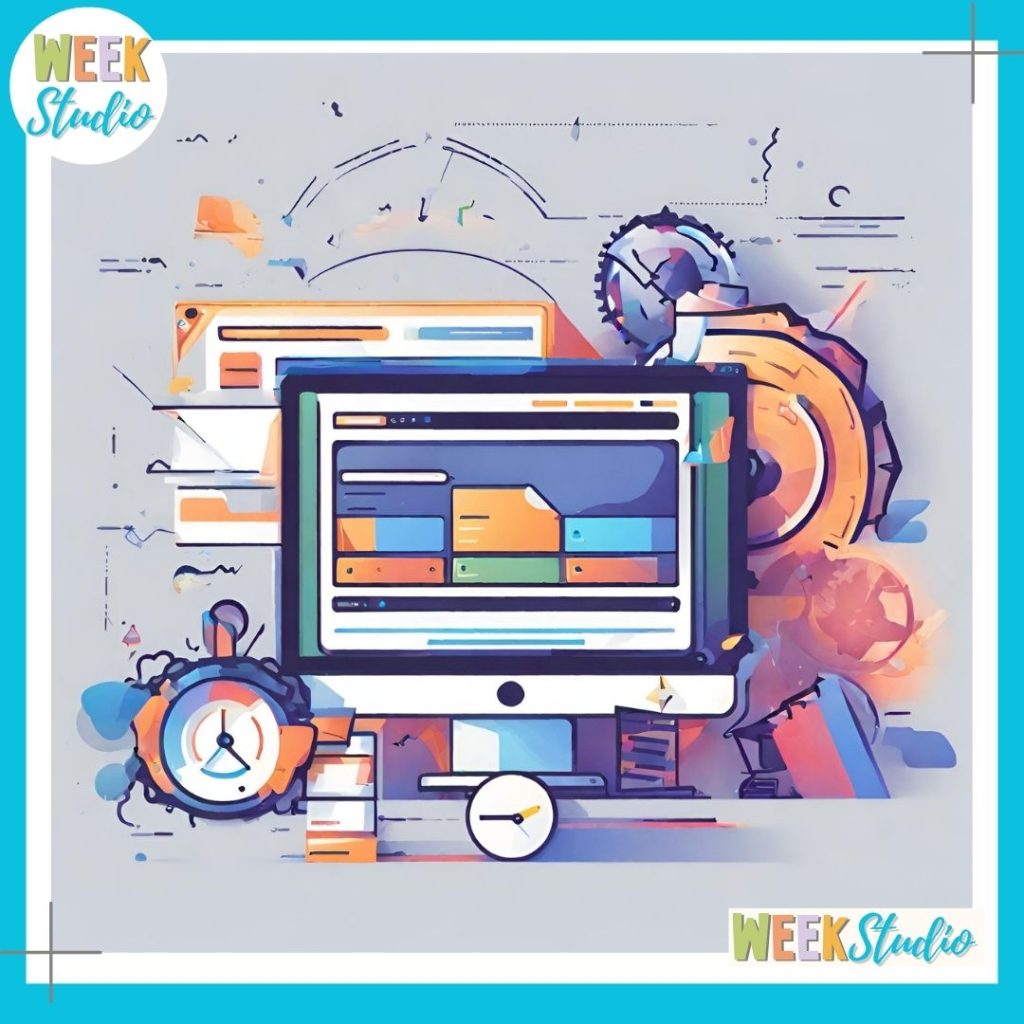
If you are experiencing a slowdown, there are a few things you can do to troubleshoot the issue:
- Check your website’s load time using a tool like Pingdom or GTMetrix. This will help you determine which plugins are causing the slowdown.
- Deactivate all of your plugins and re-activate them one by one.
- Update your plugins to the latest version. This can often fix problems that may be causing a slowdown.
- If all else fails, try switching to a different plugin. Not all plugins are created equal, and some are simply better than others. If you’re having trouble with one plugin, try another – you might have better luck.
There are a number of great plugins out there that can help you with your website. If you’re having trouble with one, try another. There are a number of great plugins that can help you with your website, and you might have better luck with another one.
How Do I Fix A Slow Website?
There are many reasons why a website may be slow, from a lack of caching to too many plugins to heavy images and videos. However, there are ways to speed up your website, no matter what the cause. One of the simplest ways to speed up your website is to reduce the number of files it is loading. This can be done by minifying your scripts and styles, combining files, and removing unused code. You can also use a content distribution network (CDN) to serve your files from servers around the world, which will help to reduce latency.
Another way to speed up your website is to use caching. Caching stores a copy of your website’s pages and files so that they can be served quickly and easily the next time they are requested. This can be done on the server side or the client side. There are many caching plugins available for WordPress, such as WP Super Cache and W3 Total Cache.
Finally, you can use a content delivery network (CDN) to further speed up your website. When someone visits your website, the CDN will serve up the page from the server that is closest to them, which will speed up the loading time. Some popular CDNs are CloudFlare and MaxCDN.
How Can I Improve My Speed Optimization?
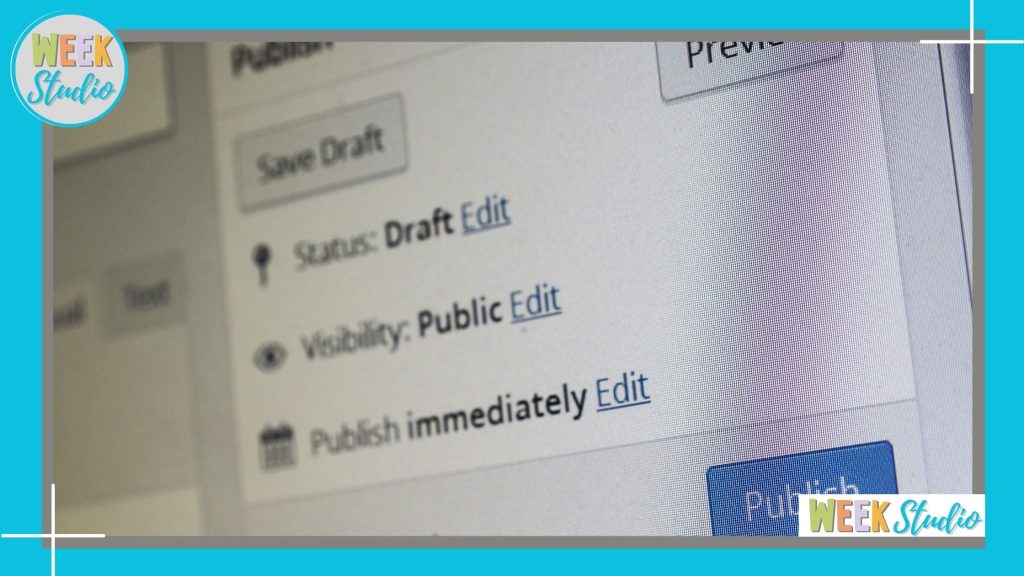
There are a number of ways that you can improve your speed optimization. One of the most important things you can do is to make sure that your website is properly coded and that you are using the most up-to-date technologies. Additionally, you can use caching tools and optimize your images. You can also minimize the number of plugins you are using and make sure that your hosting service is up to par.
- Coding: One of the most important things you can do to improve your speed optimization is to make sure that your website is properly coded. This means using the most up-to-date technologies and coding practices. Additionally, you should use a valid HTML5 doctype. This will help to ensure that your website is properly rendered in browsers.
- Caching: Another important way to improve your speed optimization is to use caching tools. These tools help to store static files on your server so that they can be accessed more quickly. This can help to improve the overall speed of your website.
- Images: Another important factor that can affect your website’s speed is the size of your images. You can optimize your images by using the correct file format and reducing the file size. Additionally, you can use a plugin like WP Smush.it to further reduce the file size of your images.
- Plugins: Another thing you can do to improve your blog is to install plugins. Plugins are bits of software that you can install on your blog to add new features or improve the performance of your blog. There are thousands of plugins available, and you can find a plugin for just about anything.
Some popular plugins include the Akismet plugin, which helps to protect your blog from spam comments, and the Yoast SEO plugin, which helps you to optimize your blog for search engines.
How To Boost Website Speed?
When it comes to website speed, there are a few things you can do to help improve the situation. One of the easiest methods is to compress your images before you upload them to your website. This will help to decrease the size of the files, which will then help to decrease the load time of your website.
Another way to improve website speed is to use a caching plugin. This will help to store a copy of your website’s files so that they don’t have to be re-downloaded every time someone visits your website. This can be a huge help in speeding up your website. Additionally, you can also minify your CSS and JavaScript files. This will help to decrease the size of these files, which will then help to decrease the load time of your website.
Finally, you can also improve website speed by optimizing your server. This will help to ensure that your website is loading as quickly as possible. By following the simple tips listed above, you can help to make your website faster and more user-friendly.
Does Page Speed Affect SEO?

Page speed is one of the many factors that Google uses to determine how to rank a page in the search engine results pages (SERPs). Pages that load quickly are more likely to rank higher than pages that take a long time to load. There are a number of things that you can do to improve the page speed of your website, including optimizing your images, reducing the number of HTTP requests, and minifying your JavaScript and CSS files.
In addition to improving the page speed of your website, optimizing your pages for speed can also have a positive impact on your SEO. Pages that load quickly are more likely to rank higher in the search engine results pages than pages that take a long time to load. In addition to improving the page speed of your website , minifying your files can also help to reduce the size of your page payload, which can result in a better user experience and improved SEO.
Minifying your files means removing all unnecessary characters from the file, including white space, comments, and line breaks. While minifying your files can help to improve the page speed and performance of your website, it can also be a bit tricky to do correctly. There are a number of different minification tools and plugins available, but not all of them are created equal.
When choosing a minification tool or plugin, be sure to choose one that is well-supported and has been tested with your specific website and file types. Also, be sure to back up your files before minifying them, just in case something goes wrong.
How Do I Make My Website Faster Than Usual?
As a business owner, you know that website speed is important. Not only is it important to your customers, but it’s also important to your search engine ranking. Google has been known to use website speed as a ranking factor, so the faster your website is, the higher you’ll rank.
There are a few things you can do to make your website faster. First, you can optimize your images. Make sure they are the correct size and that you’ve compressed them as much as possible. You can also optimize your CSS and Javascript files. And, finally, you can use a caching plugin to store your website’s files on the server. This will make your website load faster for your customers.
How Do I Make WordPress Blazing Faster?
There are a few things you can do to make WordPress run faster. The first is to optimize your WordPress installation. This can be done by installing a plugin like W3 Total Cache. This plugin will optimize your website for performance by caching your pages and posts, and minimizing the number of requests made to the server.
Another way to make WordPress run faster is to use a good quality web host. A good web host will have servers that are configured for WordPress and will have fast response times. Finally, you can use a content delivery network (CDN) to improve the performance of your website. A CDN will serve your website’s content from servers all over the world, which will help to reduce the load time for your website’s visitors.
Does Jetpack Speed Up WordPress?
Jetpack is a suite of WordPress plugins that provides a vast array of features for WordPress users. The plugin has been downloaded over 35 million times and is used on over 1 million websites.
One of the features of Jetpack is the ability to speed up WordPress. The plugin includes a number of features that help to improve the performance of WordPress websites. These features include:
-Lazy loading of images
-Minification of CSS and JavaScript files
-Caching of pages and posts
These features work together to improve the performance of WordPress websites. Lazy loading of images ensures that images are only loaded when they are visible on the screen. This reduces the number of requests that need to be made to the server and speeds up the loading of pages.
Minification of CSS and JavaScript files reduces the size of these files, which also speeds up the loading of pages. And caching of pages and posts ensures that pages and posts are served from the cache, instead of being generated anew each time they are requested. This speeds up the loading of pages and conserves server resources.
Conclusion
In the whirlwind of the digital landscape, where every second counts, optimizing your WordPress site speed emerges as a pivotal task. As we’ve navigated through the intricacies of why site speed matters, the tools at your disposal, and effective strategies for improvement, it’s evident that the need for a swift website goes beyond mere convenience—it’s a necessity.
Remember, the online realm is ever-evolving, and so should your site optimization efforts. Regular updates, prudent choices, and a commitment to cleanliness in your site’s backend are your allies in this ongoing quest for speed.
So, as you embark on the journey to optimize your WordPress site speed, armed with insights from this guide, keep in mind that the quest for speed is a dynamic process. Embrace the changes, stay vigilant, and witness the transformation of your digital space into a swift and responsive platform. Feel the need for speed, and watch your website not only keep pace with the demands of the digital era but also sprint ahead, leaving a lasting impression on every visitor.
